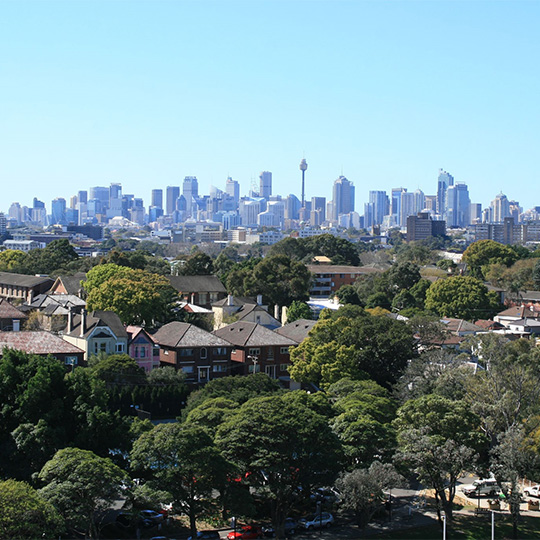The strengthened measures in place for the brown marmorated stink bug (BMSB) season are helping safeguard Australia’s industries, environment and trade from this significant pest.
Minister for Agriculture, Drought and Emergency Services, David Littleproud, said the risk posed by BMSB was increasing, but Australia was keeping pace.
“The number of countries where BMSB is present has increased from 9 to 32 between 2018 and 2020, so the risk is increasing but so are our efforts to keep it out,” Minister Littleproud said.
“For the 2019-20 season, the measures we put in place have so far led to a decrease in BMSB detections and biosecurity interventions for imported cargo, as well as smoother clearance of cargo at the border.
“Post biosecurity detections went from 63 last season to 18 for this season, and of these there have been only 4 live BMSB detections, as opposed to 31 last season.
“Only one detection triggered a requirement for consideration under national emergency response arrangements, in comparison to eight last season.
“We have also undertaken 250 seasonal pest inspections of vessels, which resulted in 3 vessels being turned around due to detections of live BMSB and other hitchhiker pests.
“In addition to mandatory requirements for cargo or importing countries considered a high-risk, we worked with the New Zealand Ministry for Primary Industries to approve and register 216 offshore treatment providers.
“This has seen more than 65,000 shipping containers-or 40 percent of those subject to BMSB measures-treated offshore and have faster clearance into Australia as they did not require biosecurity intervention on arrival.
“We are also utilising a new SeaPest system that has streamlined clearance for an additional 24,000 consignments that would’ve otherwise been subject to BMSB measures.
“Looking forward, we have a range of other innovative approaches in the works to improve the way we manage the risk of this pest, including the use of detector dogs to screen sea cargo.
“A project funded through the Biosecurity Innovation Program is also investigating a portable BMSB sensory device that will be able to automatically detect BMSB in or on cargo.
“Biosecurity is vital for Australia and we will continue looking at new and better ways to keep significant pests like BMSB off our shores, while still supporting the safe and efficient movement of cargo.”






